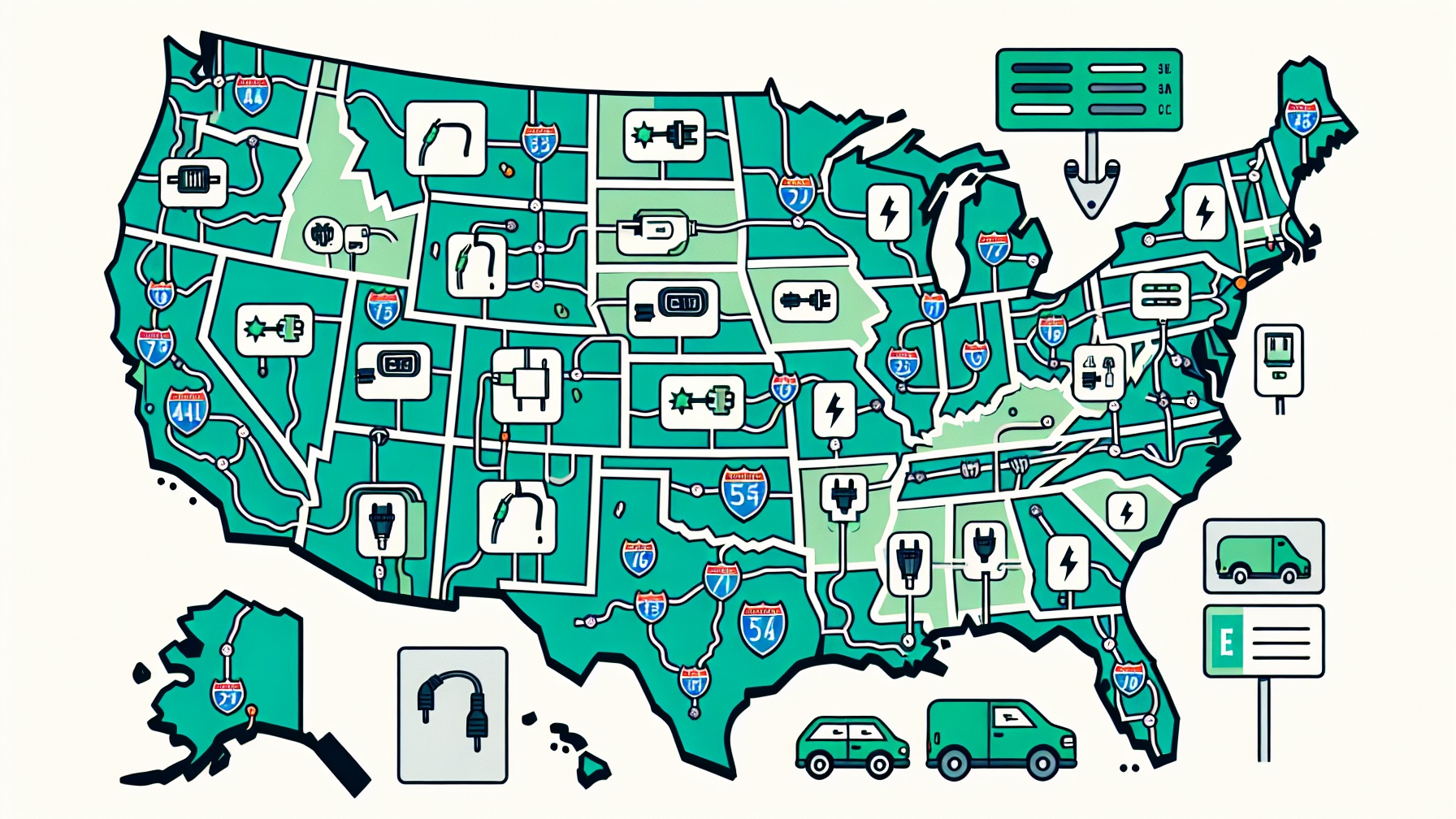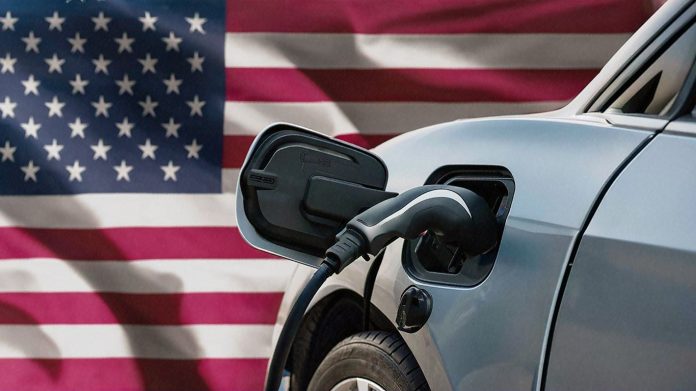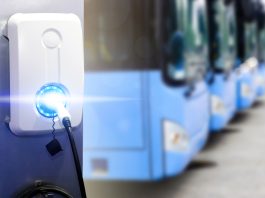The US government has announced a substantial investment of $52m in grants aimed at enhancing the country’s EV charging network.
This funding will be distributed across 29 states, two Federally Recognised Tribes, and the District of Columbia, enabling the deployment of more than 9,200 EV charging ports.
This initiative marks a significant milestone in the US’ broader strategy to establish a convenient, affordable, and reliable EV charging network across the nation.
Secretary of Transportation Pete Buttigieg commented: “The Biden-Harris Administration has been clear about America leading the EV revolution, and thanks to the historic infrastructure package, we’re building a nationwide EV charger network to make sure all drivers have an accessible, reliable, and convenient way to charge their vehicles.
“The awards that we’re announcing today will build on this important work and will help ensure that the cost savings, health and climate benefits, and jobs of the EV future are secured for Americans across the country.”
Expanding the EV charging network
As part of this initiative, the US government is focused on increasing access to EV charging for light-, medium-, and heavy-duty vehicles along designated highways, interstates, and major roadways.
The objective is to ensure that drivers can charge their vehicles close to home, at work, and along major corridors, thereby making EV ownership more practical and appealing.
Since the start of Joe Biden’s presidency, the number of publicly available EV chargers has doubled, now surpassing 192,000 charging ports nationwide.
This growth has been fuelled by the Bipartisan Infrastructure Law, which has catalysed significant private investments in EV charging infrastructure.
Approximately 1,000 new public chargers are being added each week, reflecting the rapid expansion of the EV charging network.
The role of government investment
The expansion of the EV charging network is being driven by key federal initiatives, including the Charging and Fueling Infrastructure (CFI) Discretionary Grant Program and the National Electric Vehicle Infrastructure (NEVI) Formula Program.
These are essential in bridging gaps in charging infrastructure, particularly in underserved areas such as rural, suburban, urban, and Tribal communities.

The funding also aligns with the National Zero-Emission Freight Corridor Strategy, which focuses on EV charging infrastructure for trucks along one of America’s largest freight corridors.
Promoting economic development and environmental sustainability
The new EV infrastructure is expected to significantly contribute to emission reductions, economic development, and healthier communities.
By supporting the transition to electric vehicles, the US is taking a critical step toward reducing pollution and harmful greenhouse gas emissions.
These investments are also set to create good-paying, union jobs, further stimulating economic growth in various regions across the country.
Key community and corridor EV charging projects
Of the $52m allocated, $321m will fund 41 community projects aimed at expanding EV charging infrastructure within local communities.
Notably, the City of Milwaukee will receive nearly $15m to install EV chargers at 53 sites citywide, focusing on areas that currently lack sufficient EV infrastructure.
This project is designed to support Milwaukee’s climate and equity goals by encouraging EV adoption in low-to-moderate-income communities and neighbourhoods with a high density of multifamily housing units.
Additionally, the Standing Rock Renewable Energy Power Authority in North Dakota will receive nearly $3.9m to install publicly accessible community EV charging stations across the Sioux Reservation.
These stations will be strategically located in areas that serve as gathering spots for Tribal members, ensuring that the EV charging network is accessible to underserved communities.
On the corridor front, $200m will be allocated to 10 fast-charging projects along designated Alternative Fuel Corridors.
For instance, the Fort Independence Indian Community will receive over $15m to establish an EV charging hub along the US Route 395 corridor.
This hub will be powered by a solar micro-grid with combined heat and power generation and battery backup, contributing to emissions reductions and energy resilience.
Moreover, the City of Atlanta will receive nearly $11.8m to install a DC Fast Charging Hub at the Atlanta Airport, featuring 50 DC fast chargers.
This hub will cater to rental car companies, ride-share drivers, airport shuttles, and regional EV drivers, improving access to fast charging in a critical transit hub.
The US government’s significant investment in EV charging infrastructure represents a major step forward in building a robust and accessible EV charging network across the nation.
These historic investments will ensure that more Americans have the opportunity to drive electric, whether they are in urban centres, rural areas, or along the nation’s busiest highways.









